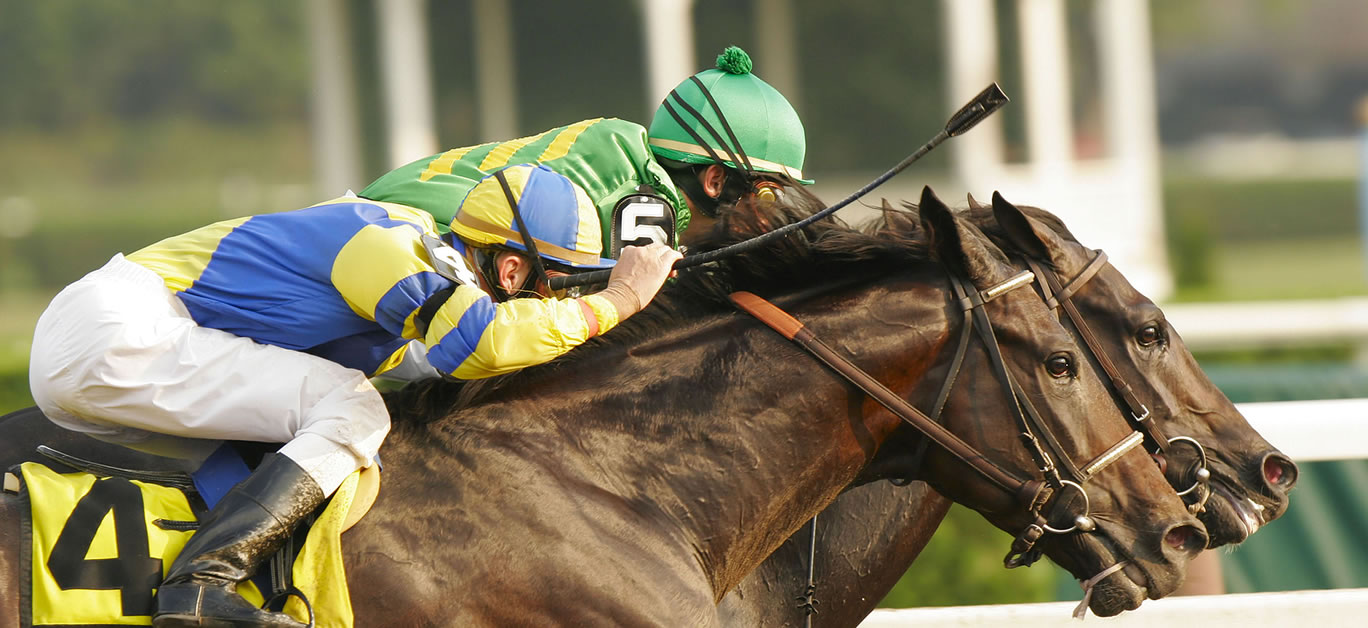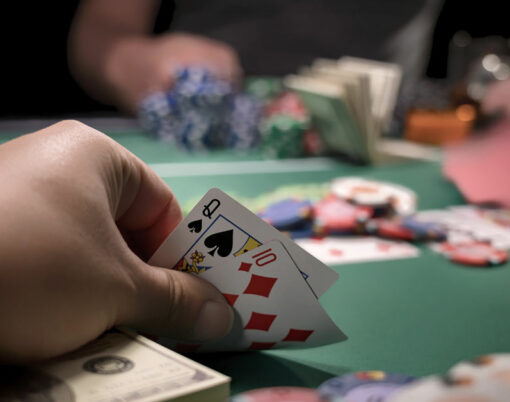When one is asked to cast their mind to the sporting scene in Japan, most minds are likely to consider the hulking art of Sumo, or any of the number of martial arts steeped in the country’s rich heritage.
These days, though, bookmakers in Japan are reporting a vast increase in the market for horse racing in the country. According to the Japan Racing Association (JRA), sales revenue from betting reached a staggering $28.3bn in 2020 despite the challenges arising from the ongoing Covid-19 pandemic.
In fact, race fever has swept the nation with such force that Japanese punters placed more than double the value of bets on that year’s Prix de L’arc de Triomphe than in France, the country where the race took place.
In part, Japanese fascination with horse racing is a result of the country’s stringent gambling laws. The country’s criminal code does not permit betting, save for few exceptions, which also includes motor racing, lottery, and football pools. As a result, the Japanese horse racing scene has emerged as one of the best, and highest-grossing, in the world, with an annual betting market that is reported to be worth several billion USD.
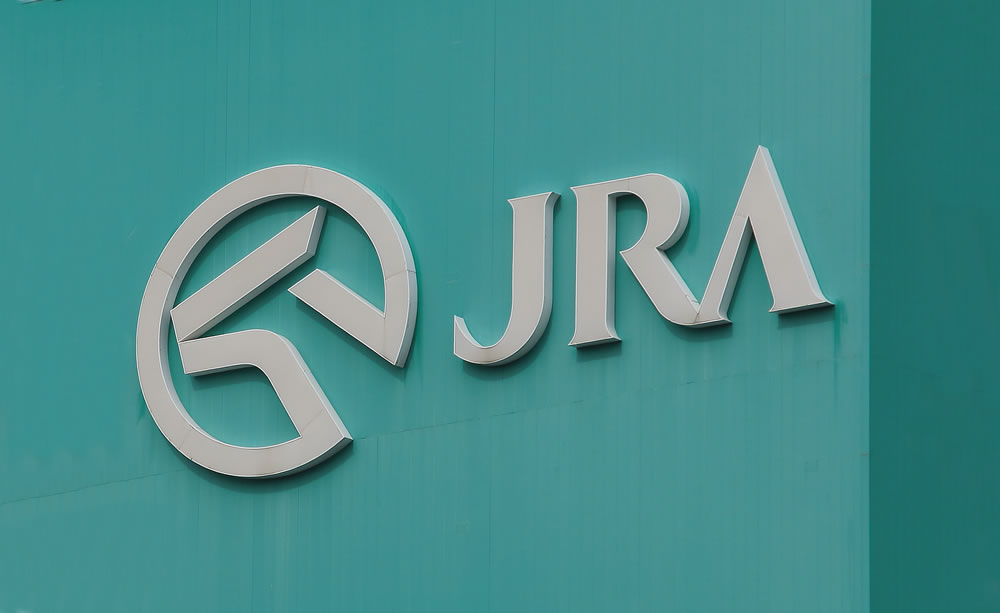
Origins
That said, Japan had a long and storied association with the equine species – stretching back to the sixth century – long before favourable betting rules enhanced the industry’s spectacular growth. In ancient times, horses were said to be given as precious gifts, and races were held as a form of entertainment at gatherings, religious events, and celebrations.
However, it was not until the mid-19th century that ‘modern’ horse racing truly emerged in the country, and when it did, it arrived under British influence.
In 1862, a group of British settlers organised the first meeting in the city, on an area of drained marshes on the outskirts of the recently established port city of Yokohama.
Four years later, in response to the increased popularity of the pastime, the Negishi Racecourse was built and opened in Yamate, Yokohama, providing Japan’s first permanent home for the region’s horse racing meets.
Originally intended to primarily cater to foreigners, Negishi Racecourse proved to be an extremely popular destination for natives, with the nation’s Emperor, Meiji the Great, attending the venue on fourteen separate occasions.
In the years that followed, horse racing’s popularity spread throughout the nation, particularly in the port cities which hosted vast swathes of tourists and Western immigrants.
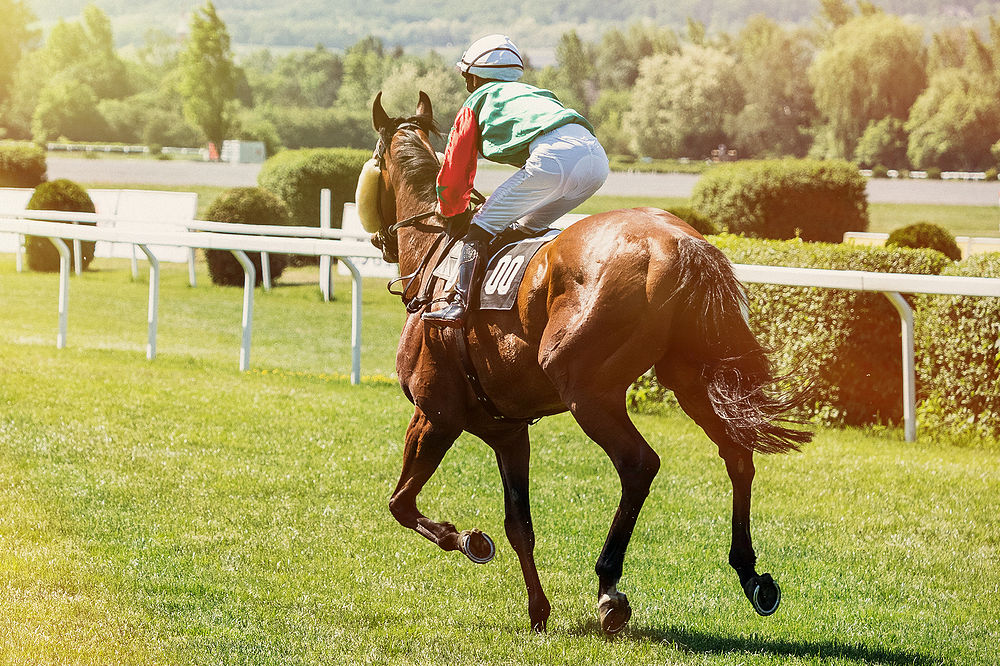
Post-war growth
With both horse racing and thoroughbred breeding emerging in the decades that followed, which left the industry in the perfect position to capitalise on the economic boom that followed the conclusion of the Second World War.
In 1954, as a response to the ever-growing commercial, consumer, and professional interest in horse racing in the country, the JRA was formally established – with a remit to manage racecourses, betting operations, and horse training.
The JRA now runs and administers the ten main racecourses in the country, including the Tokyo, Sapporo, and Nakayama tracks.
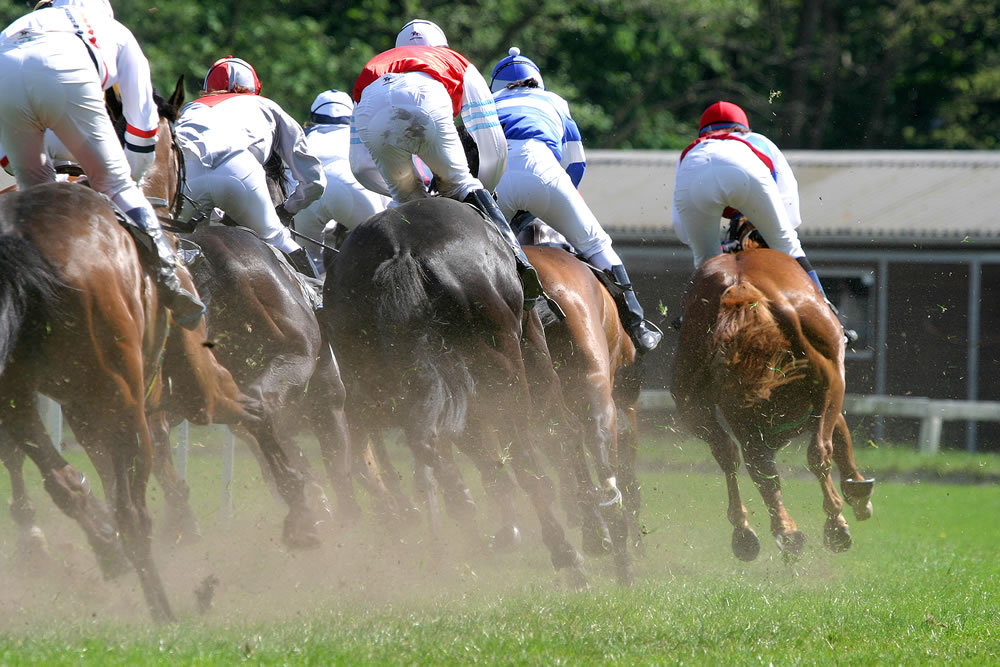
Japan Cup
The country’s highest-profile horse racing event, the Japan Cup, was established in 1981, and has since gone on to become one of the richest races on the global calendar.
In its first year, the event was restricted to entrants from Japan, New Zealand, USA, Canada, India and Australia only, with American thoroughbred Mairzy Doates winning the inaugural race. From 1982 onwards, entry restrictions were lifted, and the Japan Cup has since operated as an invitational event, allowing Japanese trainers and jockeys to pit their wits against the world’s elite.
Contested on the last Sunday of November at Tokyo Racecourse, the 12-furlong race holds a full purse of nearly $6m (USD), with the winner pocketing a cool $2.5m. According to a New York Times report, the 2016 Japan Cup betting market totalled $179m USD, and that does not take account of growing international interest.
The event is now considered to be one the world’s leading end-of-year meets, along with the prestigious Melbourne Cup. The event, weather permitting, regularly sees more than 100,000 visitors, with walk-up tickets costing a little over $2, and entertainment, food and beverages in bountiful supply.












